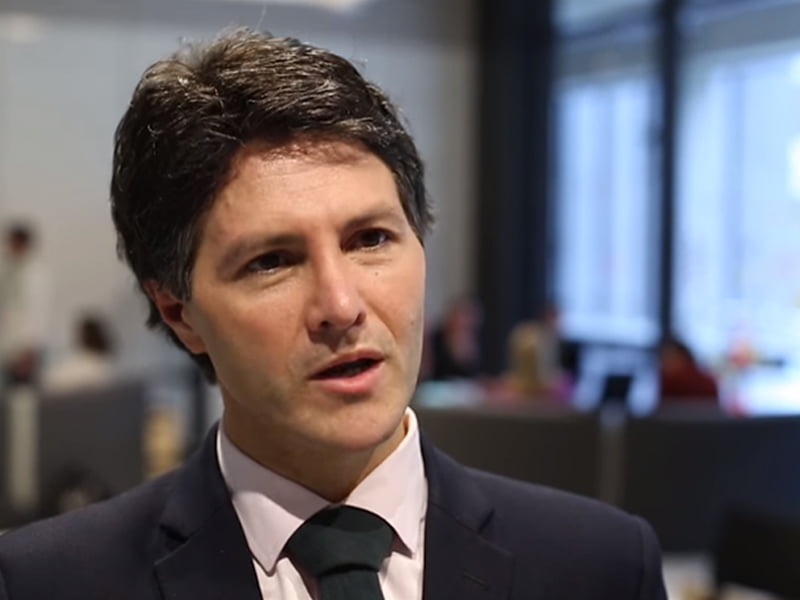The NSW government has announced phase two of its digital driver licence (DDL) pilot, ahead of a state wide roll-out next year.
In phase two, more than 140,000 NSW full drivers licence holders from Sydney’s eastern suburbs will be invited to opt-in from November to use their DDL as a proof of age in pubs and clubs, and for roadside police checks in the trial area.
The six-month trial area includes Bondi, Bondi Junction, Bronte, Clovelly, Coogee, Randwick and Waverley. During the trial period participants will still be required to carry their plastic licence card.

NSW Finance Minister Victor Dominello said the trial in Sydney’s east follows the first digital driver’s licence pilot in Dubbo at the end of last year, which was given an 83 per cent customer satisfaction rating from more than 1400 participants.
“Everyone is using their mobile phones as a wallet. It’s a de facto wallet in many ways. If you go to the movies, you can use your phone. If you’re going to the airport, you can get an e-ticket. If you want to buy goods over the counter, you can use your mobile phone,” said Mr Dominello during a press conference at Sydney’s Coogee Pavilion on Monday as part of the launch.
“We’re now making it even more convenient, so that if you go to a pub or club you can use a digital driver licence.”
“A digital driver licence is far more secure than a plastic card because you can’t lose your digital ID. A digital driver licence is more convenient because if you take your mobile phone you can leave your wallet at home.”
The DDL is accessible via the Service NSW app, in the same way recreational fishing licences, responsible service of alcohol (RSA) competency cards, and responsible gambling competency cards are. All DDL information will be stored with Roads and Maritime Services and Service NSW
Pubs, clubs and police offers will also use the Service NSW app to scan the QR code of the DDL to verify the information of the DDL, but will not collect or store any information that is scanned.
NSW Police Assistant Commissioner Mick Corboy assured InnovationAus.com the government and its agencies will not be “sniffing the phone or taking any information out” of the DDL system.
“The people of NSW can be satisfied that their information is secure and we’ll only be using their information from their driver licence then we go on to do our other checks as per normal,” he told InnovationAus.com
“Only individuals can see their own details, secured by their fingerprint, their face, or how people secure their phone these days. If people are assured their banking details are secured, their licence will be secured as well.”
Mr Dominello said lost or stolen devices containing a DDL can be immediately cancelled on that device by an individual when they log into Service NSW.
The Road Transport and Other Legislation Amendment (Digital Driver Licences and Photo Cards) Bill 2018 was passed in May after it was introduced to Parliament by Mr Dominello to allow the digitisation of driver licences and photo cards in NSW as an opt-in basis.
At the time, Mr Dominello said the development is a much simpler way for government to interact with citizens.
“The NSW photo card is an increasingly important identity product; in 2017 alone there was a 28.38 per cent increase in its adoption. This makes it a priority for digitisation,” Mr Dominello said in Parliament when he introduced the Bill.
“A digital photo card is also not constrained by the national driver licensing framework and therefore may be delivered in a more flexible form to enhance citizen privacy—for example, providing citizens with more control over the personal information they share, depending on the situation, such as to security staff at licensed venues.
“It will also give citizens a digital identity product that is independent of their authority to drive.”
Do you know more? Contact James Riley via Email.

